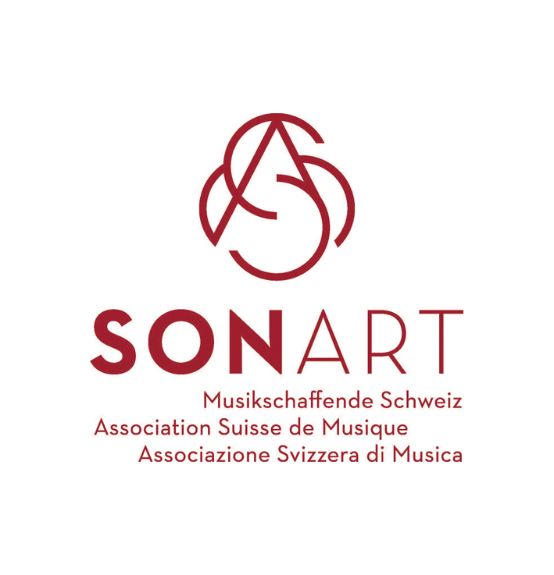More culture and music after the pandemic - even more so!
The pandemic has made it clear that there is a lot of catching up to do in terms of professional security and ensuring fair fees, wages and compensation, as well as an appropriate cultural policy framework. The crisis has raised public and political awareness of the music professions. The pandemic measures treated - for the first time! - treated the artistic professions like other gainful employment sectors. SONART wants to build on this.

People enjoy music - and think that because musicians also enjoy it, the question of wages and social security is unimportant. In contrast to many other professions, the music profession has little monetary value: if I hire a craftsman to carry out a repair, I am happy to pay CHF 125 per hour. If I'm looking for a musician for a concert, I often find a fee demand irritating. And public spending on culture in the municipalities and cantons is always the first thing to go when it comes to saving money. Culture and music generate high social values, but musical prestige should cost as little as possible. Fortunately, employed orchestral musicians or music teachers at a school have contractually negotiated and reasonably secure salary conditions - similar to teachers at public schools.
According to the income study published by Suisseculture Sociale in 2021, almost half of music professionals in Switzerland are self-employed. However, whether freelance or partially self-employed with additional income from small jobs, they are all dependent on good framework conditions in order to earn a living income. Thanks to Covid-19 emergency aid, many people who would otherwise have fallen through the cracks have been helped out. Some looked for other jobs and/or had to use up their savings.
This means that many are still far from fit to return to the market after the so-called end of the pandemic: Event organizers from all sectors are still cautious, and it takes a lot of time and effort to win back audiences. At the same time, some public cultural sponsors such as cantons and cities are cutting their cultural budgets. The city of Bern, for example, is currently doing so. This will inevitably have an impact on artistic creation and cultural diversity in general, even if announcements by the public sector that appropriate fees and social benefits will now be given greater weight when providing financial support are certainly positive.
Against self-exploitation
Many musicians, but also many cultural organizers, are faced with the absurd situation of producing under self-exploitative conditions: "Whoever offers the lowest fee gets the job," a jazz musician tells me with a shrug.
This is why SONART is committed to ensuring that appropriate fee guidelines are drawn up this year in all areas of independent music activity. Ultimately, it is in the interests of the entire scene that fair conditions prevail everywhere and that professional quality is remunerated according to its value.
Big business is elsewhere
The global music business is a money machine, from which only a few privileged musicians in all genres can draw. Most of the money, on the other hand, does not flow to the artists, but to producers, streaming platforms, distribution groups and shareholders.
This is why topics such as levies on global streaming and their use for domestic music promotion - similar to the "Lex Netflix" recently passed by the Swiss people - are high on SONART's political agenda.








